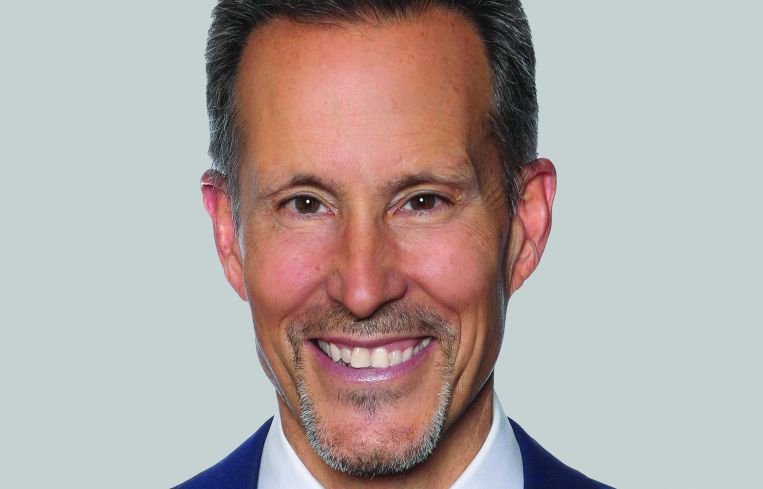Brokers Expect 2024 Uptick in Multifamily Investment Sales, Poll Finds
By Andrew Coen January 9, 2024 4:55 pm
reprints
Despite their continued struggles to borrow money, commercial real estate professionals expect a rebound of multifamily sales in 2024 once long-term interest rates stabilize, according to a new survey by Berkadia.
The Berkadia 2024 Powerhouse Poll, set to be released Wednesday and obtained by Commercial Observer, shows that 72 percent of investment sales and debt brokers expect stronger year-over-year transaction volume on institutional deals above $50 million.
However, not everybody is so confident. Thirteen percent of the 212 professionals polled foresee a weaker 2024 for multifamily sales, and 15 percent forecast no change from 2023.
The heightened expectations of the majority stem from the Federal Reserve signaling in December that its interest rate hikes were likely finished and that three rate cuts were likely in 2024, said Ernie Katai, executive vice president and head of production at Berkadia. While 50 percent of poll respondents expect the effects of higher interest rates to still impact transactions this year, Katai noted there remains a lot of dry powder on the sidelines that should deploy once there is more of a clear direction on 10-year U.S. Treasury yields.
“We got a little bit of help from the Fed in December trying to establish some clarity as to what the markets are going to do and in which direction they are going to go,” Katai told CO. “You couple that with the fact that it was such a slow and quiet year in 2023 that with the money sitting on the sidelines, it will have to get active in 2024.”
And there’s a lot of ground to make up. Berkadia’s multifamily investment sales fell 70 percent between 2022 and 2023 while lending dropped 50 percent, which closely mirrors industry-wide trends tracked by the Mortgage Bankers Association.
Forty-four percent of people Berkadia polled expect the 10-year Treasury yield to finish 2024 at between 3.5 percent and 4 percent. Long-term interest rates hovered above 5 percent in late October for the first time since 2007 before dipping to under 4 percent in mid-December.
Berkadia respondents were split — at 35 percent — on whether cap rates would be higher or lower at the end of 2024 with 30 percent saying they would stay the same. Cap rates, which are the rates of return calculated by dividing a property’s net operating income by its asset value, typically rise or fall based on interest rates.
With many banks still absent from lending due to higher interest rates and increasing regulatory pressures, 87 percent of brokers polled expect government-sponsored enterprises (GSEs) to be the most active financing source for multifamily transactions, followed by life insurance companies, according to the survey.
“That is kind of their charter to be there when others aren’t necessarily going to be there,” said Katai of the important role GSEs Fannie Mae and Freddie Mac will provide with multifamily lending this year. “I think you’ll also see life companies be active and some securitized loans as well.”
Distressed properties are expected to be the most sought after, with 44 percent of poll respondents thinking institutional investors will flock to them in 2024, followed by core and core-plus real estate.
The majority of Berkadia respondents, 78 percent, indicated that private investors will play a leading role in driving multifamily acquisitions. The multifamily market is expected to center around Class A properties, with Class B and affordable housing also drawing investor interest.
Andrew Coen can be reached at acoen@commercialobserver.com.


